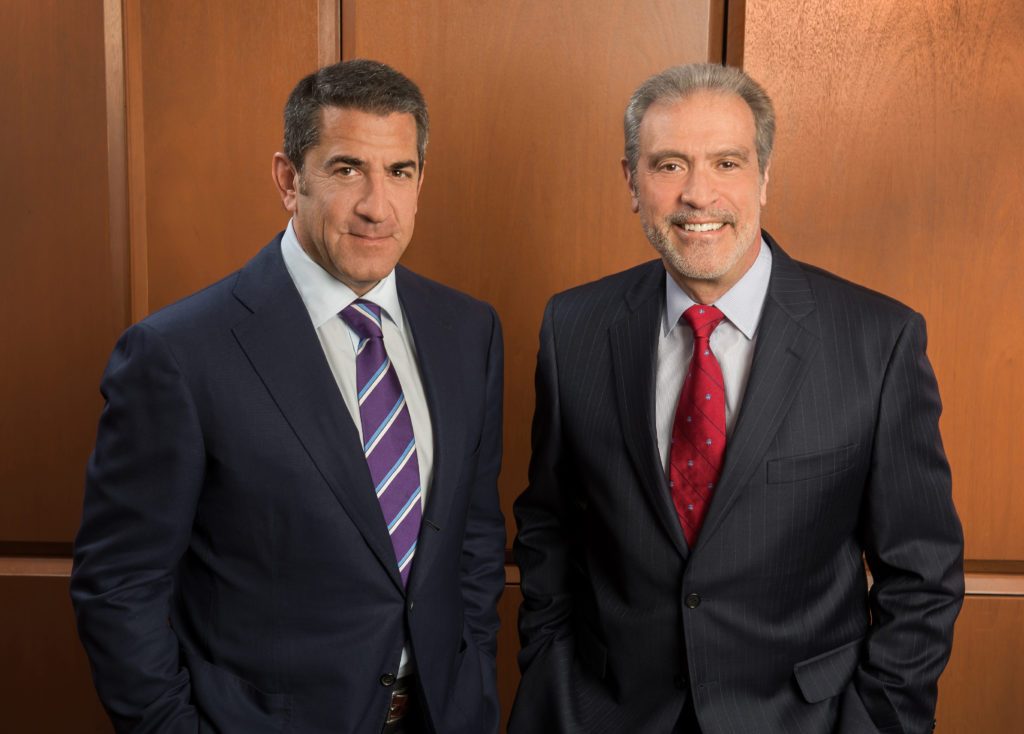Every single year in America, some 600,000 men and women undergo some type of spinal surgery. Many go just fine and patients see a vast improvement in their quality of life. Sadly, many do not. In fact, a study conducted at Duke University found that, out of every 100 surgeries to implant a spinal stimulator, one patient ends up with spinal nerve damage. While 1 percent may not seem like much, to patients like Rick
Continue readingInjuries Resulting From Inadequate Security
Foreseeable risk is crucial to inadequate security lawsuits
Many Florida residents regularly experience situations that sometimes places their safety in jeopardy. Choosing to use an ATM machine in the early hours of the day while in a sketchy neighborhood is sometimes a perilous decision. Likewise, enjoying a drink at an establishment that is well-known for fights erupting between patrons can also prove to be a risky proposition.
Continue readingUnderstanding children’s food allergies and premises liability
Food allergies are a legitimate concern for many parents of school-age children. These parents often have to navigate the daily minefield posed by peanut or gluten-based food items that are often available to their children at school.
Continue readingUnderstanding Florida fire safety laws and unsafe premises
A look at inadequate security and Florida crime statistics
Florida is currently experiencing some of the lowest crime rate statistics in two decades. Even though Florida has gained over 6 million residents since 1993, the number of people murdered throughout the state was still lower by 217 in 2013. Despite the improving trends, the crime rate statistics are not all rosy. According to the Florida Department of Law Enforcement, in 2013, the state had 9,863 forcible sex offenses, 23,176 robberies and 57,694 aggravated assaults.
Continue readingHolding third-parties accountable for inadequate security claims
Victims of violent crime often suffer twice as a result of their experiences. Obviously, those victims have to deal with the physical and psychological injuries they suffered from their initial incidents. However, those victims also are sometimes forced to continue contending with the same circumstances that may have contributed to their initial injuries. For example, the cashier of a convenience store who suffered a brutal robbery may find it difficult to return to work and
Continue readingFlorida inadequate security claims can take many forms
The chances are that many of us have experienced situations in which our safety has been compromised due to inadequate security measures. Perhaps you’ve visited a nightclub in an area of town with a reputation for high crime. Maybe you have used an ATM machine in a poorly lighted outdoor facility. Another example might be living in an apartment complex with an inoperable electronic security gate. Regardless of the location, Florida property owners have a
Continue readingWhat does foreseeable risk mean in premises liability claims?
Under Florida law landowners have a duty to ensure that reasonable precautions are taken to prevent injury to individuals coming onto their property. At first glance, this may seem like an obvious rule that most of us observe without paying it much attention. For example, if you were hosting a party at your home, you would probably mop up any puddles of water that have accumulated along the pathway to your door. Or you may
Continue readingUnsafe premises: Civil lawsuits as an option for crime victims
While many rape and assault crimes are prosecuted through the Florida criminal court system, victims may not be aware that it can be possible in some cases to also pursue a premises liability case against a business if inadequate security was a factor in the crime. While a conviction in a criminal court can certainly mean penalties for the other party, it does nothing for the victim’s medical bills, counseling to address emotional repercussions or
Continue readingCan I sue for premises liability after an ATM robbery?
Premises liability in Florida is usually established by the property owner holding out a business or service to the public. Under general negligence theory, a property owner has a duty to exercise ordinary care to ensure that patrons coming onto their land do not face an unreasonable risk of harm. Under that theory, a property owner may incur liability when one’s failure to reduce that risk results in an unsafe premises. A good example of
Continue reading
